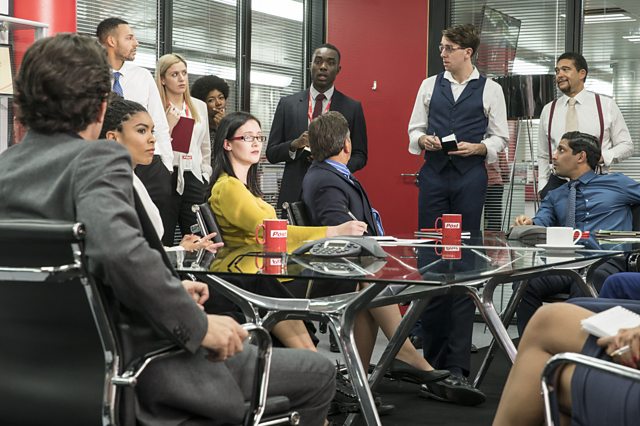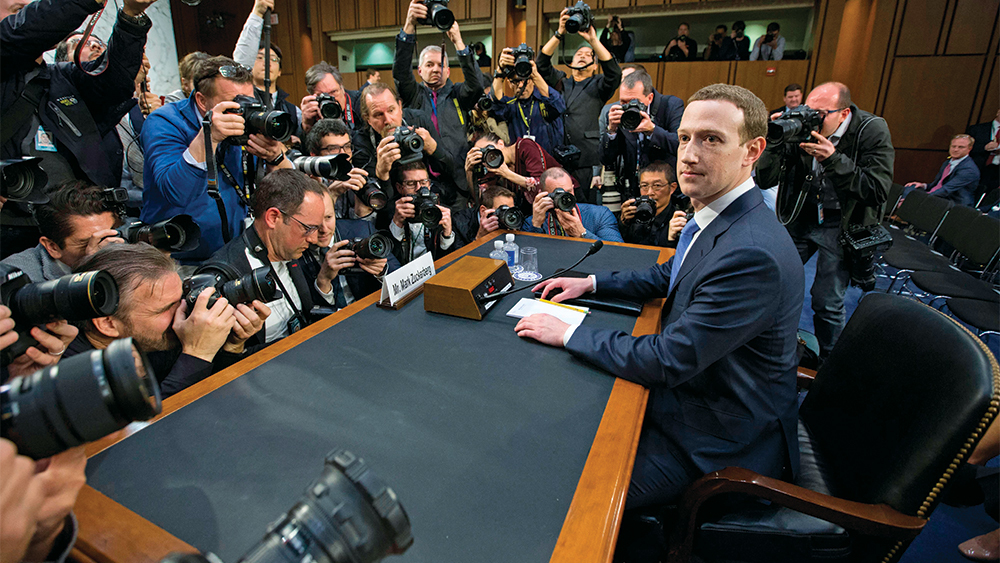Polis Intern and LSE MSc student Emma Archbold reports on the latest Polis Lunchtime Talk featuring Paul Eastham, the former Deputy Political Editor at the Daily Mail.
 During his time at the Daily Mail, Paul Eastham admits it was “very hard to tell the truth.”
During his time at the Daily Mail, Paul Eastham admits it was “very hard to tell the truth.”
Paul Eastham gave us an insight into the world of political journalism and his personal struggle with what he believed to be his responsibility to his profession and his public; to tell the truth. He began with the success story of a young, idealistic student journalist who used his student newspaper to challenge the abuse of authority he saw in the student government. However, as with any narrative of journalist’s life, it was anything but “a smooth ride.”
To him chasing the truth was not only the most exciting part of reporting but arguably its most important function.
“Journalists, despite the myth, have no power except the extent to which they tell the truth.”
In the world of journalism today, the truth is often stretched and contorted. Much of news we consume is comprised of myths and misinformation being sold to us.
The commercial market has imposed a value system on journalism itself, one that Eastham struggled to align himself with. One particular story that was of huge significance to Eastham was the story of David Kelly, a government scientist who released a dossier with details of Iraq’s weapons, revealing the deceit in political representations of the War on Terror.
Many have since criticised the government’s glossing of the war, but few at the time had the bravery to throw stones at the narrative being carefully constructed by the administration. David Kelly exposed what Eastham saw as an incredibly important revelation but one that was struggling to counter the spin of many media outlets. The story was being framed to fit the world view Blair and his administration were comfortable with but one which Eastham was profoundly uncomfortable with. Eastham spoke about the moment he received the news of Kelly’s suicide. He was on a plane with the prime minister himself. Eastham described the collective belief among the journalists present that it was the government that leaked David Kelly’s name. If this was true, the story would have serious implications for Blair and his administration.
This story was so significant because it provides an insight into the very politics of journalism itself. Eastham described Blair’s political talent as his ability to speak in a way that did not “impinge on the truth.” Eastham displayed his own political talent in framing his question to get confirmation from Blair of the truth he was seeking. However, this truth was of more importance to Eastham than his editor. Ultimately the preference for story-selling over truth-telling became too much of a compromise for him at the Daily Mail:
“Truth is at the core of everything we do… but journalists struggle to stay on the side of credibility and satisfy the extraordinary demands of their editor.”
This is one of several concerns Eastham has about the future of political journalism. Is it the case that the relationship between the body politic and the journalists has become so close that the privileges and the responsibilities of both are being blurred? As Eastham stated, journalism is after all “the greatest way to keep democracy honest.”
Eastham said that the exchange of information is easier now than ever before but the ultimate privilege journalists have is trust. As Eastham argues, we trust journalism to hold a “mirror up to powerful people.” This trust shapes our expectations of journalists – to hold those in authority accountable and to mediate information so that we can understand it. It is this investment of trust that increases our disappointment, and certainly Eastham’s own disappointment, when journalism fails to do its job.
Eastham touched on one “truth” that is pertinent advice to anyone aspiring to work in journalism or in politics. He suggested that if you listen carefully enough, you will find the truth. It is how you tell the truth that becomes the real challenge. Although it can be extremely hard to do so, Eastham encourages us to take that truth and with it, “cause as much trouble as possible.”
This article is by Polis Intern and LSE MSc student Emma Archbold.
Polis Lunchtime Talks are every Wednesday at 1pm and are free and open to the public – details here





Paul,
Such an important piece to write about.
We see in our news media today many ‘stories’ coming to the fore about ‘abuse’ claims of yesterday. Such stories have an obvious claim to all of our lives as it touches on a diversity of heart string linked to how so many other stories relate to ‘abuse of power’ and the journey of ones life following such abuse.
Many will say, such ‘abuse of power’ continues today, but in the form of political systems and government failings of people.. and such stories not being given the opportunity to ‘win over the media’. The media itself is Power over such Vulnerabilities – failing to manage the mountain of ‘My Stories’ that reach their email boxes and telephone lines on a daily basis. Why is the news media so selective or dismissive of such REAL stories? Or, is this another example of how Power many times protects other Powers… and dismisses those stories from those most vulnerable following political policy failings.
I talk as someone of has personal experience. I question Power and its ability to harness Voices and Change lives. This Power is what those victims do not have.
I have listened to those who have taken an OVERDOSE as a direct result of policy failings. The media just didn’t want to know the BIGGER picture that led to this individual losing everything he had worked so hard to achieve. Why was his, and other like him prevented from having his VOICE heard? Was this typically another example of Power of Abuse by the media – preventing such stories from coming out?
It has been said that Charities should be doing more to harness such stories. But, I know that in reality, conflicts of interest exist. That, surely, is the gate that remains closed but protective of the partnerships even Charities have built in order to sustain their financial future.
Thus, I conclude that story telling with a view to grabbing attention of failings, challenges and goals.. isn’t as easy to get harnessed as we would like to believe it is.